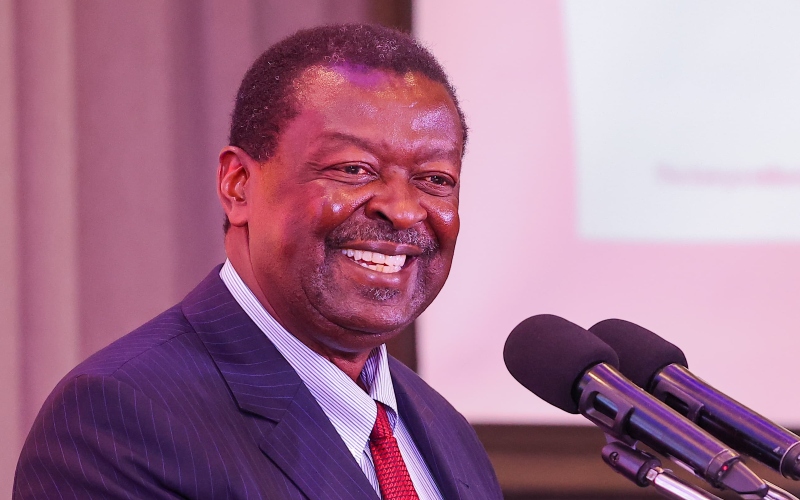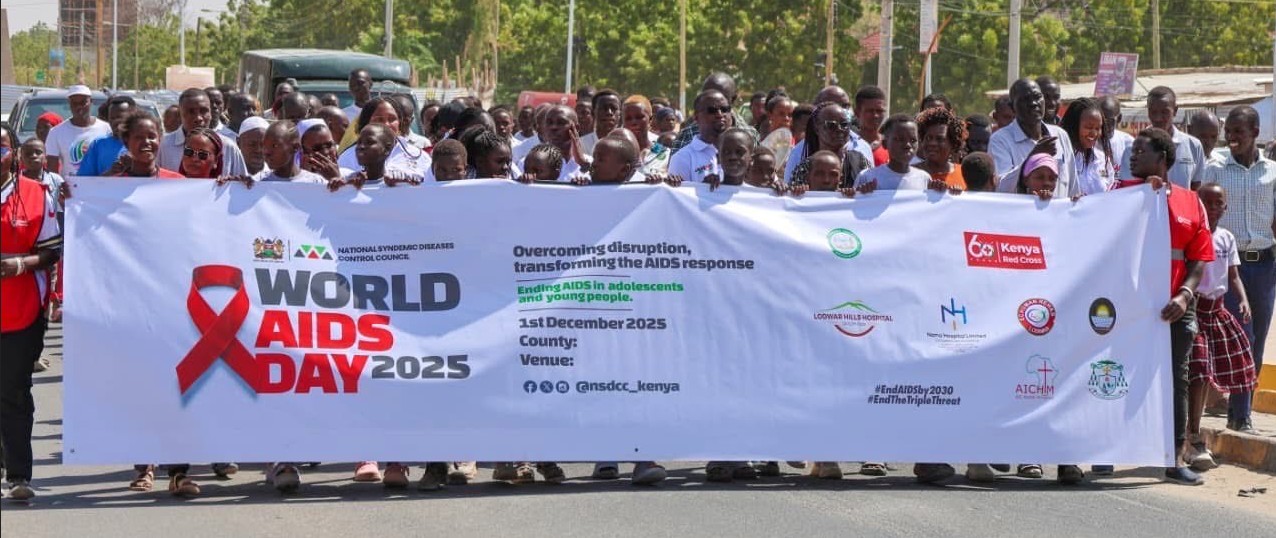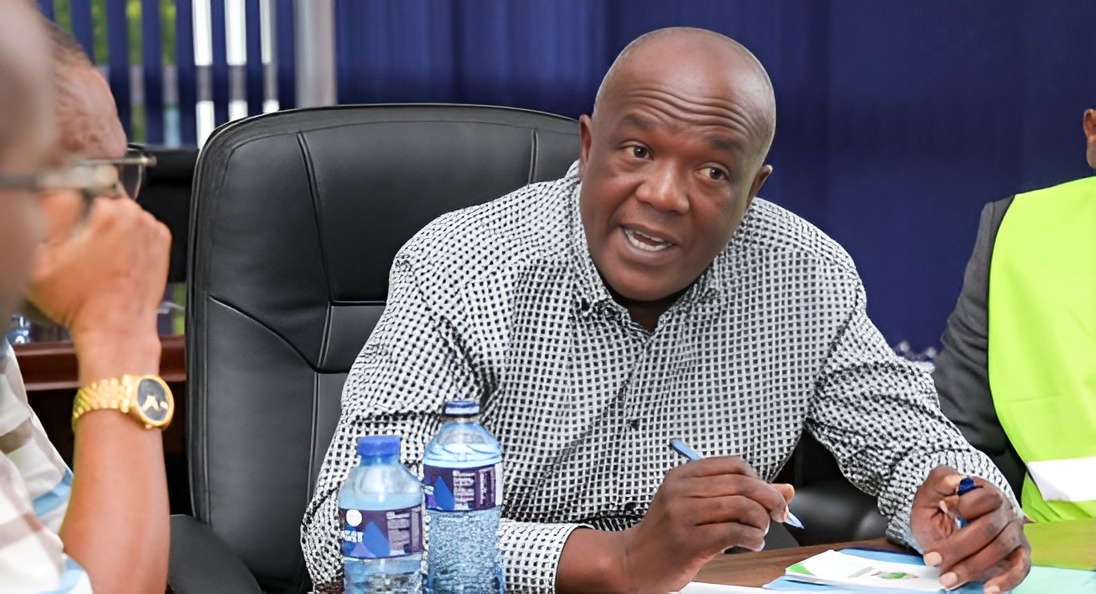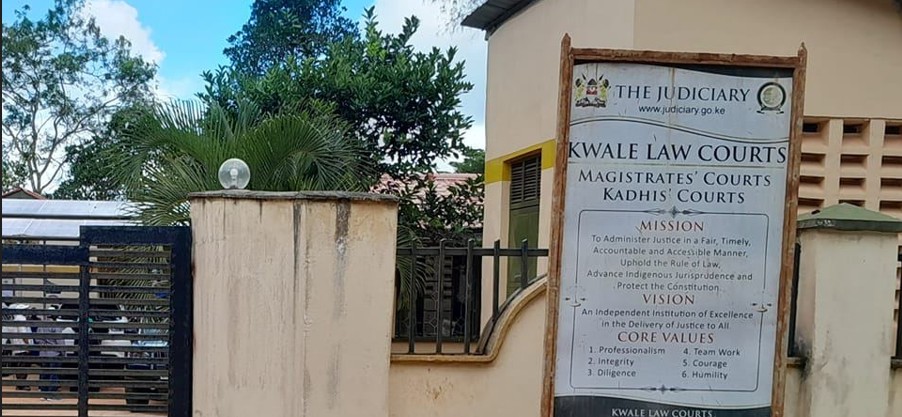Kenya seeks UN General Assembly support for beleaguered Haiti mission

Prime Cabinet Secretary and Foreign Minister Musalia Mudavadi, who arrived in New York on Thursday, framed Kenya's agenda around peace and security.
Kenya's top priority at this year's UN General Assembly is rallying global support for its struggling peace-enforcement mission in Haiti, even as funding and logistical challenges Hello threaten its survival.
Washington, the mission's main backer, has cooled on its commitment, while other UN member states have shied away from contributing to the trust fund, leaving Nairobi increasingly exposed.
Prime Cabinet Secretary and Foreign Minister Musalia Mudavadi, who arrived in New York on Thursday, framed Kenya's agenda around peace and security.
More To Read
- UN Security Council begins process to appoint next secretary-general
- Prof Phoebe Okowa sworn in as first Kenyan judge at the ICJ
- UN decries ‘truly horrific’ massacres in DR Congo
- Haiti security forces say era of unchecked gang power is over as crackdown intensifies
- UN calls for legal safeguards for AI in healthcare
- Haiti, Panama and Curaçao seal historic World Cup spots
In a statement, he declared: "Kenya will be championing peace and security in Africa and beyond, including conflict prevention, mediation, and peacekeeping efforts."
Although he did not mention Haiti directly, observers note that Nairobi's lobbying for the mission remains central.
Kenya has consistently argued that the multinational force, deployed to crack down on gangs and restore order in Port-au-Prince, requires stronger international backing if it is to succeed.
The mission's future hangs in the balance. Its current mandate expires in October, and the UN Security Council has so far declined to upgrade it into a UN peacekeeping operation, which would secure predictable financing under the UN model.
Nairobi is strongly in favor of the transformation, especially after losing officers in the line of duty.
Kenya's dilemma is clear, and what was meant to be a showcase of African-led intervention risks becoming a cautionary tale of overreach without adequate global support.
Top Stories Today












































